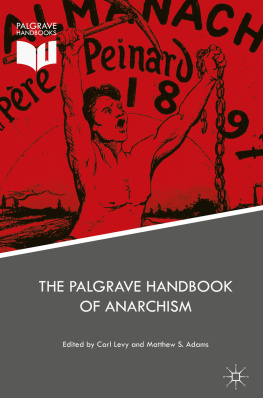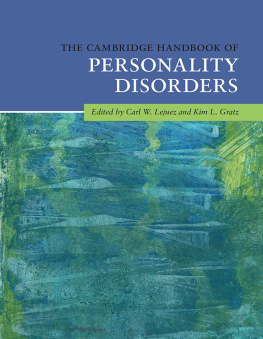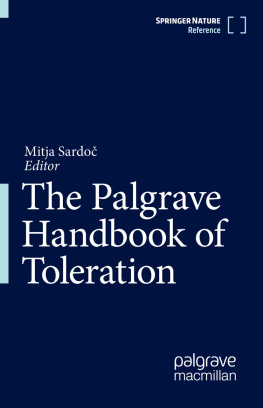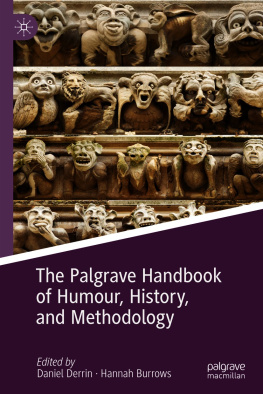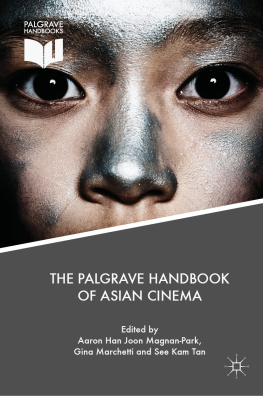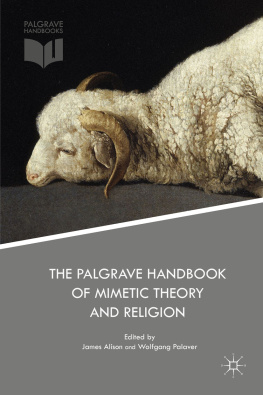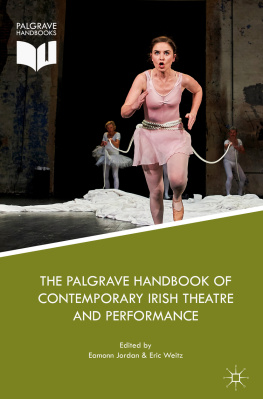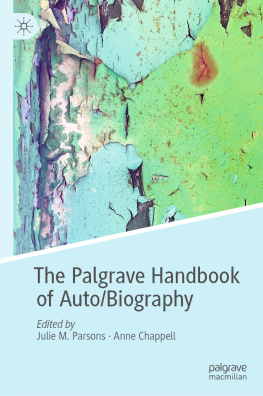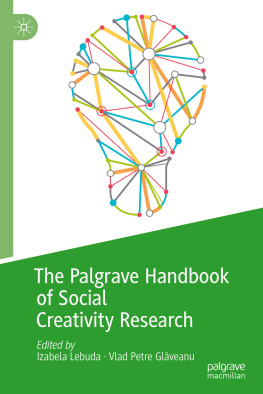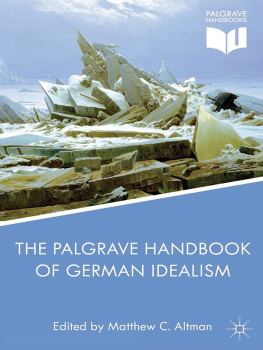Carl Levy - The Palgrave Handbook of Anarchism
Here you can read online Carl Levy - The Palgrave Handbook of Anarchism full text of the book (entire story) in english for free. Download pdf and epub, get meaning, cover and reviews about this ebook. publisher: Springer International Publishing, genre: Politics. Description of the work, (preface) as well as reviews are available. Best literature library LitArk.com created for fans of good reading and offers a wide selection of genres:
Romance novel
Science fiction
Adventure
Detective
Science
History
Home and family
Prose
Art
Politics
Computer
Non-fiction
Religion
Business
Children
Humor
Choose a favorite category and find really read worthwhile books. Enjoy immersion in the world of imagination, feel the emotions of the characters or learn something new for yourself, make an fascinating discovery.
- Book:The Palgrave Handbook of Anarchism
- Author:
- Publisher:Springer International Publishing
- Genre:
- Rating:5 / 5
- Favourites:Add to favourites
- Your mark:
- 100
- 1
- 2
- 3
- 4
- 5
The Palgrave Handbook of Anarchism: summary, description and annotation
We offer to read an annotation, description, summary or preface (depends on what the author of the book "The Palgrave Handbook of Anarchism" wrote himself). If you haven't found the necessary information about the book — write in the comments, we will try to find it.
The Palgrave Handbook of Anarchism — read online for free the complete book (whole text) full work
Below is the text of the book, divided by pages. System saving the place of the last page read, allows you to conveniently read the book "The Palgrave Handbook of Anarchism" online for free, without having to search again every time where you left off. Put a bookmark, and you can go to the page where you finished reading at any time.
Font size:
Interval:
Bookmark:
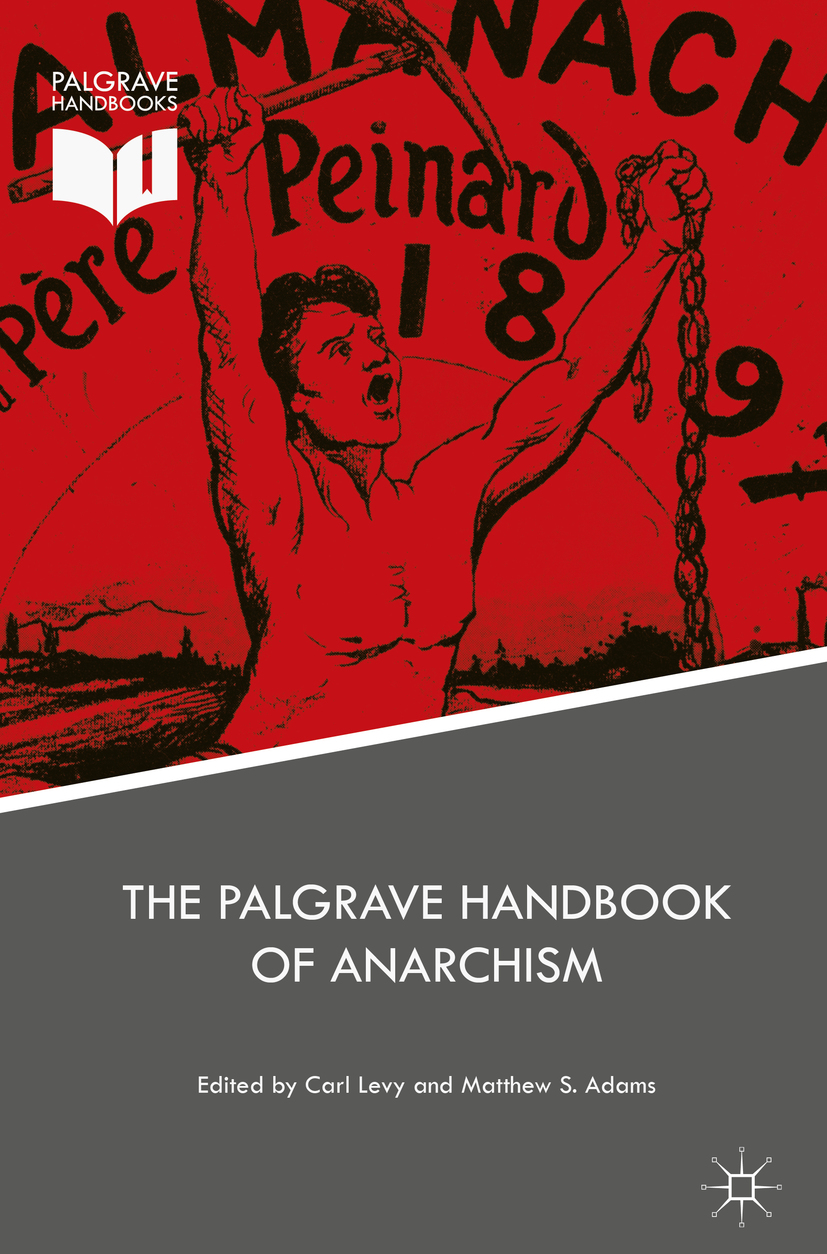

Cover credit: Pictorial Press Ltd / Alamy Stock Photo
This Palgrave Macmillan imprint is published by the registered company Springer International Publishing AG part of Springer Nature.
The registered company address is: Gewerbestrasse 11, 6330 Cham, Switzerland
IN MEMORIAM
James Joll: 19181994
Murray Bookchin: 19212006
Paul Avrich: 19312006
Colin Ward: 19242010
Nunzio Pernicone: 19402013
Ursula LeGuin: 19292018
Anarchism is one of the oldest political philosophies in the world. Before authority and government existed, it was simply how humans organised their affairs. In our individualistic contemporary culture, the fourth-century Tao Te Ching is celebrated as a guide to spiritual self-awareness. But in fact Lao Tzus ancient text should be read as an eloquent articulation of the full meaning of anarchism, political as well as spiritual. For the more I understand anarchism, the more I realise that anarchism digs deep into us. It is about much more than how to run societyan inherently hierarchical formulation; it is about how to live , above all with one another. To eschew all power relationships is not merely to reject government, it is to re-engineer every human relationship into one of equality, respect and cooperation. It is to change oneself as much as it is to change society.
This book is an extraordinarily rich source of anarchist thought and history. There is much to explore and much to learn. Each of us comes to anarchism our own way. Almost no anarchist inherited this philosophy unquestioned from their parents and forbears. Every anarchist, I suspect, starts out as something else and is only changed by the jolt of experience, the eruption of a problem and the urgent quest for an answer. Anarchists are made, not born. Indeed, they make themselves.
My own journey began in painful disillusionment. I had been a career diplomat for the British government, a profession I thought I would enjoy my whole life, culminating perhaps in an ambassadorship in one of Her Majestys embassies. But I witnessed first-hand how my government, and colleagues, lied about the Iraq war. I knew the factsand thus the liesbecause I worked on Iraq, in fact directly on the issue of so-called weapons of mass destruction. Eventually, I resigned from the diplomatic service after giving then-secret testimony to an official inquiry into the war.
My disillusionment however ran deeper than the war, terrible though it was. In early twenty-first-century New York, where I then lived, fashionably dressed diners enjoyed fresh sushi in downtown restaurants while, a few miles away, children went hungry. Worldwide, the concentration of carbon in the atmosphere was rising inexorably. The attacks of September 11, 2001, had ushered in what already seemed like permanent war. Politicians shamelessly took money from tycoons and corporations yet everyone still pretended we enjoyed democracy. These problems were all too obvious and still no one seemed alarmed. Governments, like the one I worked for, had no credible answers and yet no one demanded better. I am a deeply political beast. I could feel that things were not right . The system was not working, but what would? And thus began my exploration.
In a library at Washington Square, I read and read. From Ludwig Wittgenstein, I learned that the things that matter most to humans solidarity, meaning, lovehave no terms. And therefore that these things have no accounting in the allegedly logical neo-classical economic theory that dominated contemporary thinking. But how could these most fundamental human needs be elevated? From Marcuse and Benjamin, I learned how to deconstruct the economics and politics that I had learned in university and reveal the deeper power relations hidden within. I began to realise that what matters in any analysis of society is not what theory tells us, but what is : put simply, the facts. Who wins and who loses? Who rules, and who suffers? Suddenly, the haze of confusion dissipates and the facts are simple and stark and the solutions clear. If people are to be treated equally, they must have an equal say in their affairs. The only way to guarantee this inclusion is for people to govern themselves: any hierarchy is intrinsically corruptible. And hierarchy, with its humiliation of both the managed and the manager, is inherently dehumanising. By random chance, I came upon complexity theory which showed me not only a model of the complex system that is the world today, but explained how individuals and small groups can trigger dramatic change across the whole system. The revolution I wanted was suddenly more plausible.
And as I read, I realised that others of course had walked this path before me Kropotkin, Bakunin, Fanelli, Stirner, Godwin and New York Citys own Emma Goldman in whose very footsteps I trod around the Lower East Side where I lived. I had loved Orwells Homage to Catalonia since childhood, but only now did I begin to understand the anarchist revolution he was describing. I learned from Colin Ward, Murray Bookchin and many of the writers included in this volume who shone their bright lights on the current era, such as Marina Sitrins from-the-ground insights into the factory occupations in contemporary Argentinathis was anarchism in action today.
The financial crisis of 2007 was another explosive signal that the orthodoxy was in deep trouble. The grotesque and uncontrolled profiteering of a few had endangered the welfare of the many. The lie that democratic government could modulate the excesses of capitalism was laid bare for all to see. Government was in fact insuring those excesses, literally. Though few of the occupants of Zuccotti Park would have called themselves anarchists, Occupy Wall Street began to manifest the most important attributes of an anarchist approach, above all that everyone had an equal right to speak. After they departed the park, some Occupiers implemented these ideas. When a hurricane struck New York City, it was Occupy activists who mobilised most quickly and effectively to organise help for city residents who had lost electricity and lacked food or water: not charity but
Font size:
Interval:
Bookmark:
Similar books «The Palgrave Handbook of Anarchism»
Look at similar books to The Palgrave Handbook of Anarchism. We have selected literature similar in name and meaning in the hope of providing readers with more options to find new, interesting, not yet read works.
Discussion, reviews of the book The Palgrave Handbook of Anarchism and just readers' own opinions. Leave your comments, write what you think about the work, its meaning or the main characters. Specify what exactly you liked and what you didn't like, and why you think so.

